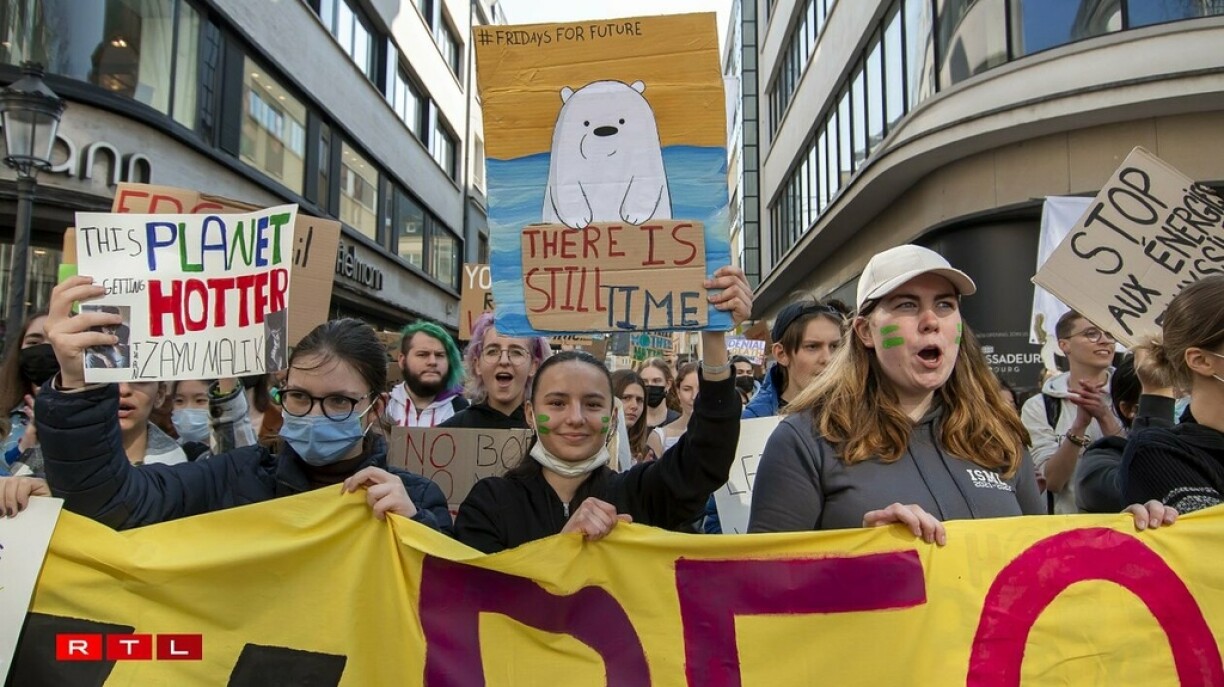
Reducing pollution, protecting forests, developing renewable energies, saving water, preserving biodiversity, investing in soft mobility: these are commitments that can be found in virtually every electoral programme.
While each party has its own personalised version of how to combat climate change, some have put forward bold or unusual proposals.
Our colleagues from RTL Infos have scoured the programmes of the country’s eight main parties to identify the measures that stand out in the run-up to the legislative elections.
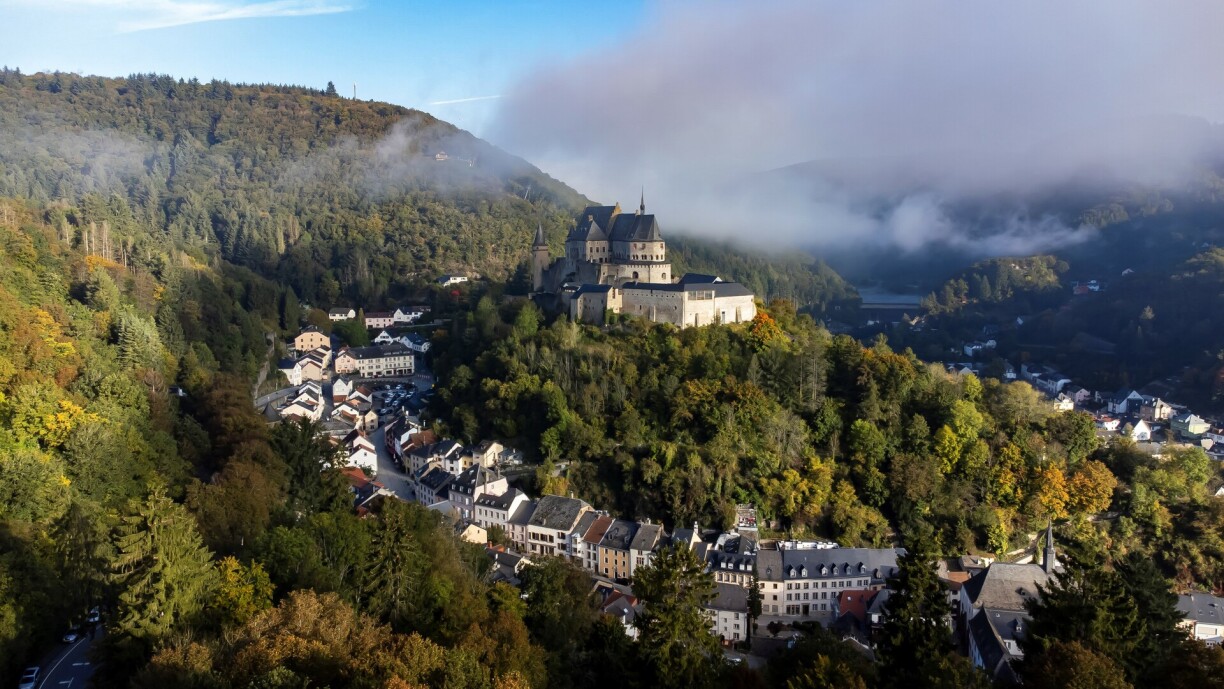
Leading the charge, the Green Party (déi gréng) has put forth ambitious plans. They propose placing 30% of the national territory under protection and establishing new nature reserves.
It is worth noting that this commitment comes at a time when the country grapples with a housing crisis and land scarcity for construction.
The Green Party also aims to broaden public authorities’ right of pre-emption (the right to buy something before other people have the option to do so), extending it to ecologically significant land.
In addition, the party advocates for the introduction of a national tax on soil sealing (defined by the European Environment agency as ‘the destruction or covering of the ground by an impermeable material’), with the goal of curbing land exploitation.
Their agenda also includes extending pesticide-free zones and setting minimum requirements for green and aquatic spaces in urban areas.
While these stringent measures may give pause to some of Luxembourg’s electorate, the Green Party remains resolute in its environmental priorities.
One measure that stands out from the rest: the party wants to create a ‘Green Valley’ designed to accommodate ‘Green Tech’ companies within Luxembourg. This envisioned hub would cater to manufacturers specialising in batteries, solar panels, turbines, and other sustainable technologies.

The issue of environmental protection and climate change remains a contentious topic in Luxembourg’s political landscape. Despite the inherent challenges, the Luxembourg Socialist Workers’ Party (LSAP) has decided to take a stance on this critical matter.
Notably, the LSAP has unveiled plans to curtail air travel by implementing restrictions, with private jets “not operated commercially” potentially being the first targets. Additionally, the party supports the idea of prohibiting commercial flights to destinations accessible within a three-hour train journey.
The LSAP emphasises the promotion of electromobility through tax incentives as part of its commitment to accelerating the transition. They stress the importance of leading by example by electrifying the public vehicle fleet.
Water conservation and quality occupy a significant place on the LSAP’s agenda, with a focus on investment in water treatment in the Moselle region to prevent potential shortages. In addition, the LSAP intends to incentivise businesses to reduce water consumption by increasing the wastewater tax.
Water management may even become a criterion for authorising new construction zones, if the LSAP has its say in the upcoming legislature.
These measures align with initiatives from the previous five-year term but are likely to raise eyebrows in some segments of Luxembourg society.
One distinctive proposal within the LSAP’s agenda is the development of a green hydrogen action plan for Luxembourg. While specific details are currently absent from the LSAP programme, the party acknowledges the necessity of conducting a preliminary analysis before advancing in this domain.
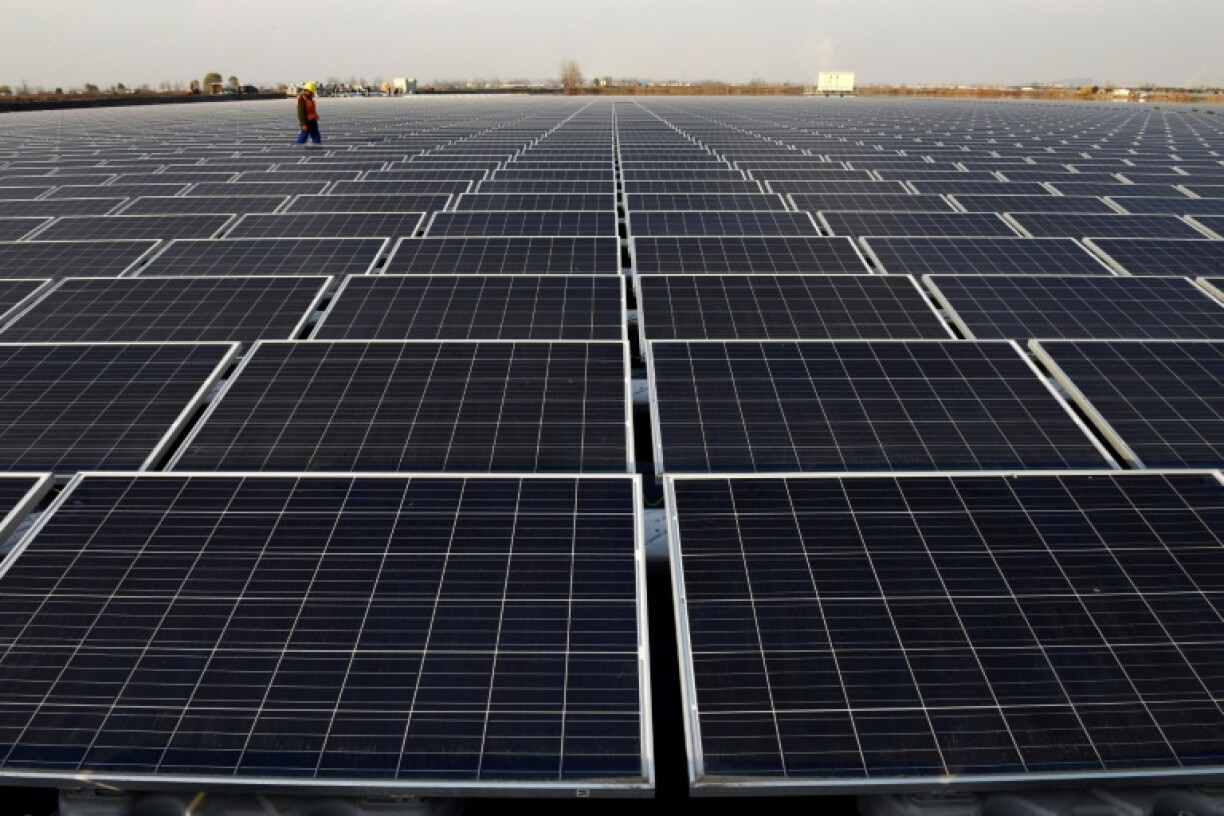
Betting on solar energy may seem counter-intuitive in a country with a ‘sunshine rate’ of less than 40%, but that is precisely the direction the Democratic Party (DP) is charting. In their ‘sustainability’ programme segment, numerous initiatives are centred around harnessing renewable solar power.
One of the DP’s most notable ambitions is to mandate the installation of photovoltaic panels on all new residential structures. They also seek to maximise roof space on existing buildings, aiming to establish ‘PV’ installations as standard practice on the country’s warehouses.
But their solar vision extends beyond rooftops. The DP advocates for PV system installations in parking lots, along motorways, and railway lines. They also express support for the development of balcony-based solar power stations, although specific incentives or state funding have not been mentioned.
The DP’s commitment to renewable energy also includes the expansion of wind farms and the bolstering of the nation’s electricity storage capacity; measures all geared toward reducing dependence on fossil fuels and nuclear energy.
In a firm stance, the DP opposes the construction of new nuclear power facilities and aspires to see the eventual closure of the Cattenom plant in France.
A significant proposal is the “gradual” phasing out of ‘fuel tourism’, a tax-revenue-rich industry. The DP views this move as “essential,” although they have yet to identify a solution to offset the anticipated budgetary shortfall.
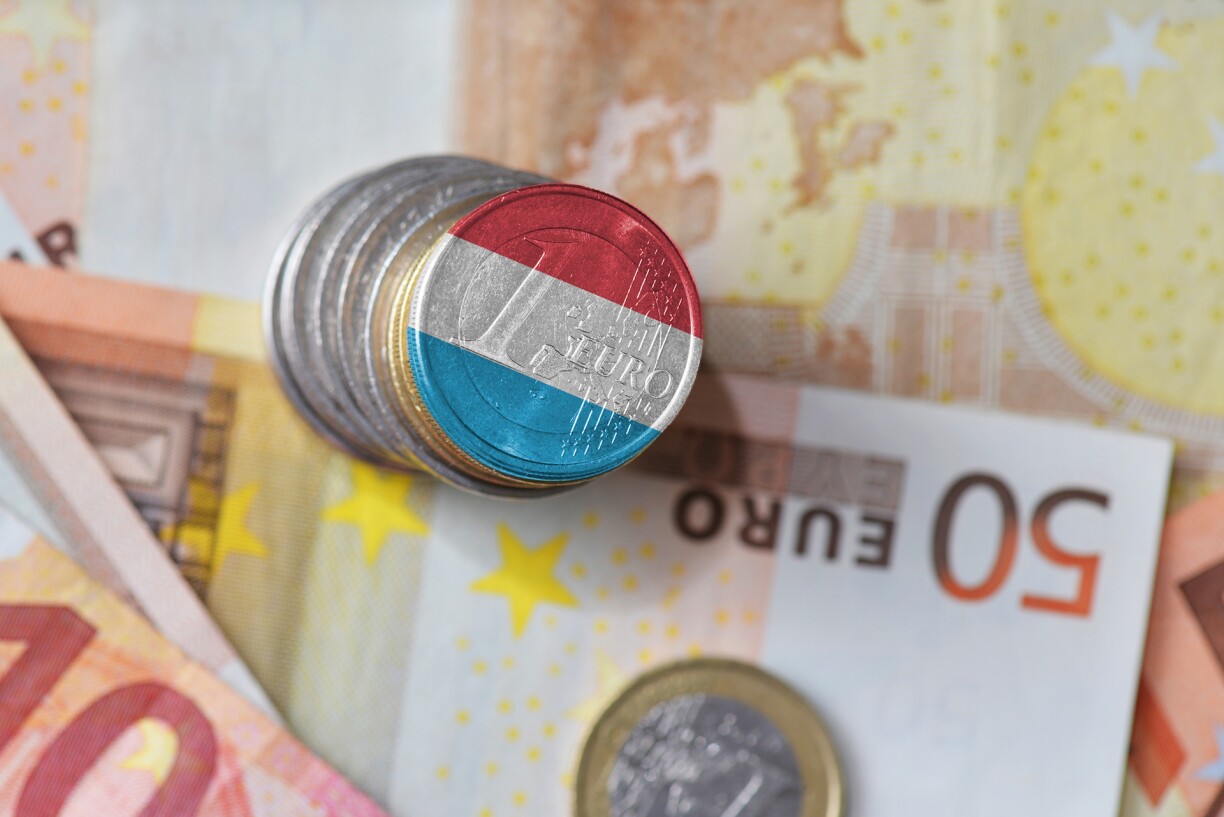
Among the various proposals presented by the Pirate Party, their concept of a climate bonus raises the most questions.
The party aims to motivate individuals to adopt more eco-friendly behaviours by offering a direct subsidy of €50 per month, to be added to their salaries.
However, the party fails to address the question of how this aid is to be financed, or how it is supposed to encourage residents to adopt more environmentally friendly behaviour.
Another initiative put forth by the Pirate Party involves granting the first 2,000 litres of water each month to all residents of the country free of charge, with gradual price increases thereafter.
While this proposal is listed under the category of “protecting the environment, climate, and nature,” the party once again does not specify how this would help to combat climate change.
While the Pirate Party’s climate programme is unlikely to generate significant controversy, it may leave some voters rather bewildered.
One standout measure in their agenda is the proposal for VAT-free sales of fish sourced from local and organic farms. This strategy aims to encourage residents to support local produce and reduce the reliance on imported fish from distant regions.

The Alternative Democratic Reform Party (adr) sets itself apart in the climate change battle by adopting an open stance on nuclear energy. Not only do they refrain from shutting the door on nuclear energy, but they also express a commitment to supporting research into nuclear fusion within Europe.
While the adr does not disregard renewable energies, they view the notion of achieving a 100% renewable energy supply as “unrealistic.” In their efforts to reduce greenhouse gas emissions in the region, the party advocates for a cooperative approach that concentrates on areas with the highest emissions.
According to the adr, the initial priority should involve modernising ageing power stations located abroad, before addressing necessary adaptations to the Luxembourg network. In the long term, the party views large-scale reforestation as a strategically sound initiative to effectively combat climate change.
A distinctive aspect of the adr’s stance is their commitment not to impose “alternative energies” and their decision not to enforce a ban on combustion engines.
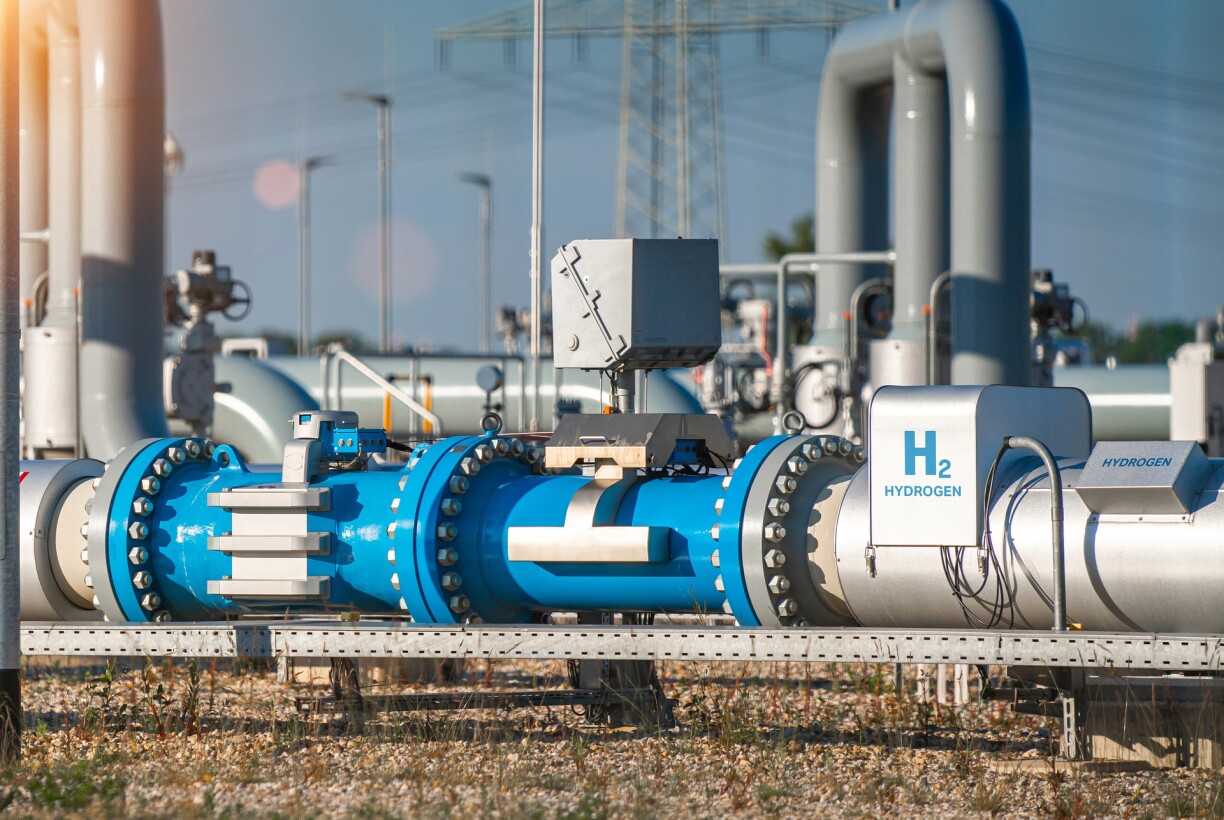
Among the proposals presented by FOKUS, the concept of “third-party payment” in housing construction stands out as particularly intriguing. Essentially, FOKUS suggests a system of grants advanced to households planning to invest in solar panels or home renovations, thereby promoting environmentally sustainable practices.
While FOKUS supports renewable energies, notably hydrogen, they “do not wish to participate in the general hostility” towards nuclear energy. In addition, they oppose the banning of combustion engines, citing the anticipated role of synthetic fuels in the future.
In the realm of agriculture, FOKUS recognises the importance of fostering a solid, sustainable, and economically viable sector to enhance food self-sufficiency, thereby reducing CO2 emissions associated with imports and food transport. However, they have not provided specific strategies to achieve this goal.
Another notable proposition from FOKUS is their desire to attract innovative institutions and structures to Luxembourg, citing, as an example, the EU’s plan for a hydrogen bank.
The goal of this article was to highlight bold or original measures to combat climate change, which is why some political parties are not listed, as their programmes did not include any measures corresponding to these criteria.